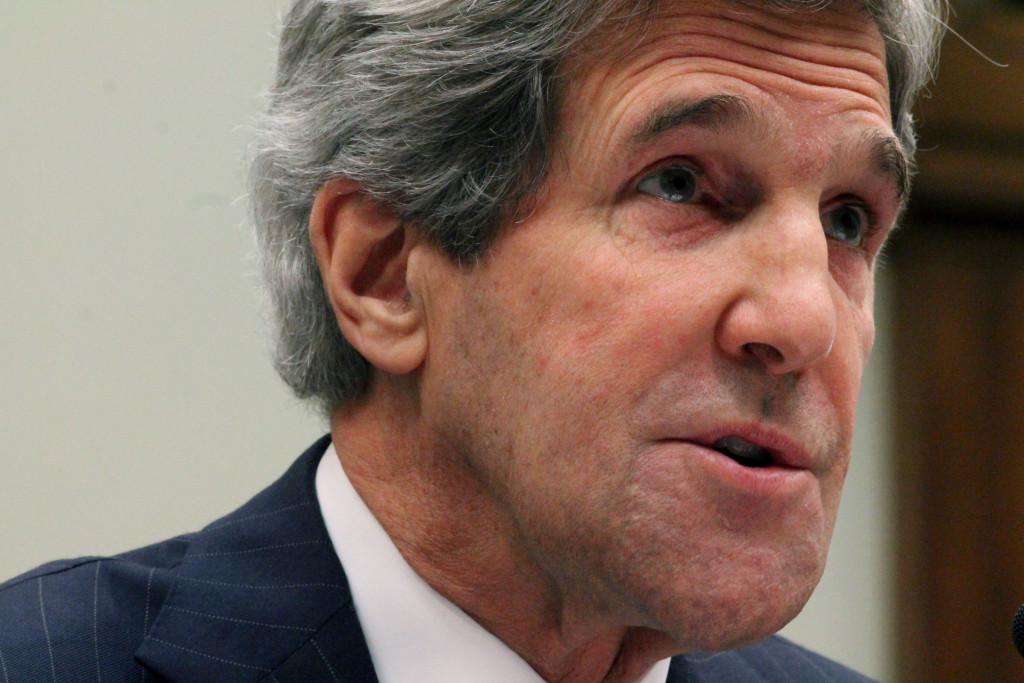There’s a lamentation that floats around the foyers and dining room tables of those who are familiar with the American media product. Perhaps you’ve heard it. It goes something like:
“It’s important to me to stay informed, but there’s just so much junk out there — so much celebrity gossip nonsense. I can barely stand to keep the television on.”
It’s usually accompanied by a sigh or an eye roll before the utterer offers a nuanced critique of a recent Instagram post by Kim Kardashian or Taylor Swift.
I used to think this was the immutable condition of the media, something akin to the human condition in psychology. Just as the body must decay into nothingness despite the enduring idealism of the mind, so must the consumer of media crave a red carpet photoshoot despite good intentions to learn about tax code reforms in the Washington Post.
But the veneration of hard news and analysis at the expense of milder journalistic fare is not a media universal, as I learned recently on a trip to Pakistan. In fact, it’s very much an American phenomenon.
My j-school cohort was meeting with a delegation of seasoned Pakistani journalists at the Karachi Press Club, and I asked the group as a lark what they would change about the culture of Pakistani media if they had the power.
They thought about it for a moment, and then two journalists blurted out almost in unison, “More human interest stories!”
“More human interest stories?” I asked. Having spent the last year being inculcated with the values of free speech, governmental transparency and skepticism towards power, I found it a curious suggestion.
“What you need to understand,” explained Shabbir Sarwar, a business reporter for the Daily Times, a prominent newspaper in Pakistan, “is that we have an abundance of hard news in this country. Every day, there are major, major stories that would take the American media cycle a week or more to process fully.”
“Take this bomb blast yesterday,” continued Shabbir’s colleague and Wall Street Journal reporter Syed Hasan, referencing an attack on a Christian church in the north of Karachi. “If that happened in the U.S., you would have the initial reports for two or three days, then you would have the editorials, then the feature stories, then the talk shows, then the long form documentary pieces, and so on until you finally get it out of your system. Here in Karachi, we’ll probably have another blast or two this week.”
While Hasan’s statement is an exaggeration, his sentiment is spot on. Even a cursory glance at most Pakistani newspapers reveals a much higher concentration of newsworthy events and much less in the way of investigative and enterprise reporting.
For example, in the mere three days that our group was in Karachi, the papers were abuzz with the possibility that the city might shut down if the government went ahead with their execution of a captured assassin loyal to the country’s main opposition party.
What a story!
“What we need,” said Akber Ali, bureau chief of Dawn News, the country’s most widely read newspaper, “is less reporting of facts and events and more time to introduce Pakistanis to each other.”
“The fluff is the good stuff,” Shabbir chimed in. “It’s what binds the community. But, of course, our first responsibility is to tell people what’s going on and to make sense of it for them.”
The idea that gossip is a social adhesive has a long academic history in sociology and social psychology, one that has recently been applied to mass media by Harvard psychologist Steven Pinker, who has studied the media in the same way that anthropologists study information dissemination among tribal groups.
Elite consumers of American media, however, have yet to give this notion any credence. The refrain that shallowness is on the rise and legitimate journalism is on the decline is stuck in our heads like a good pop song, too familiar not to be sung.
While Pakistan would certainly benefit from the relative newslessness of American society, we might also take a cue or two from Pakistan and appreciate the cohesion and intelligibility that is borne of a rich tradition of cultural journalism.







